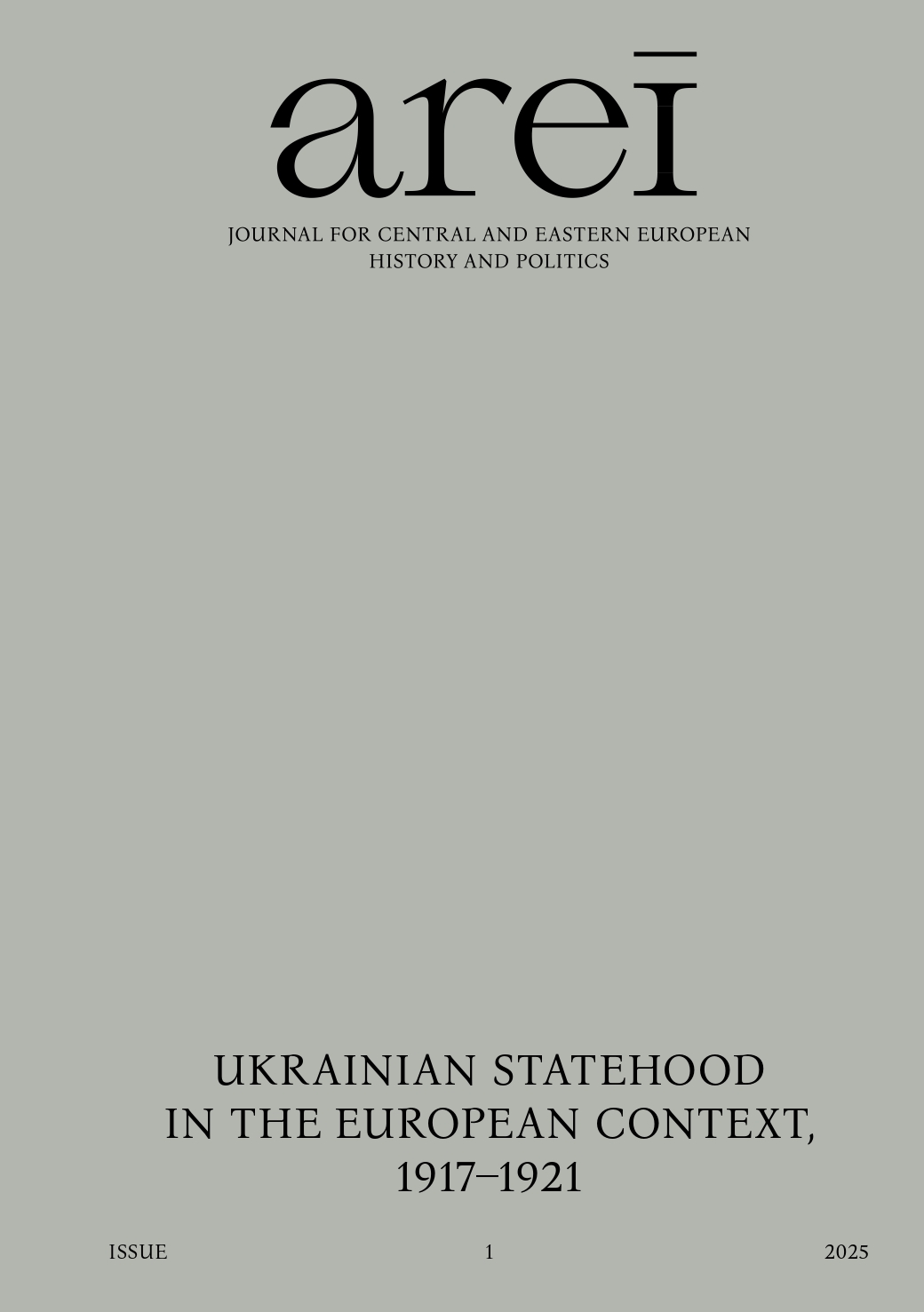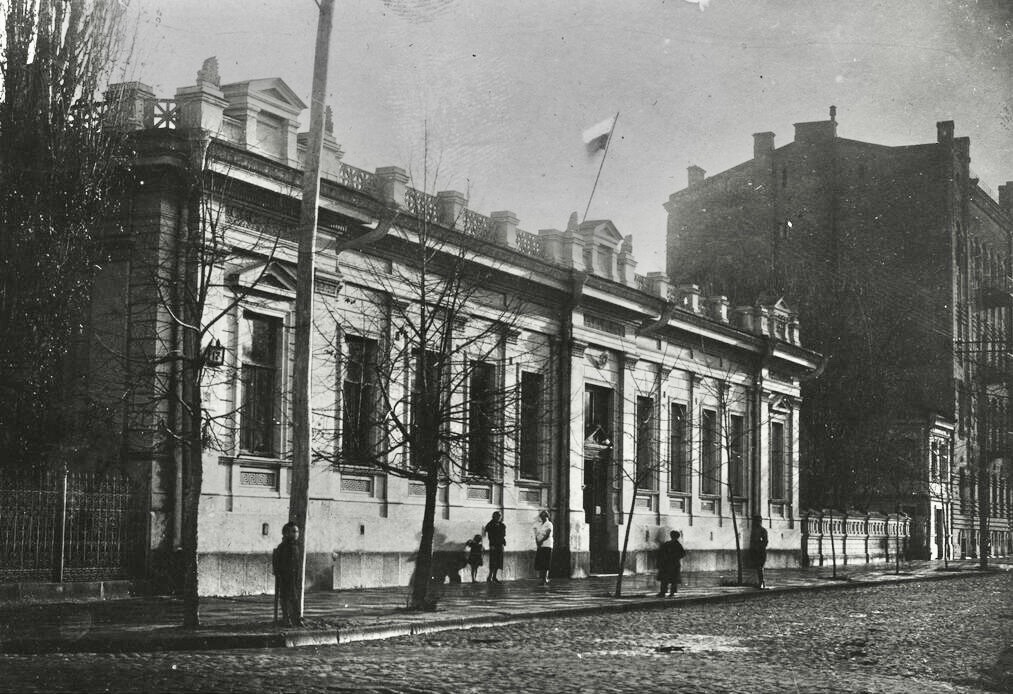We bring you the third issue of AREI, the second to be published in 2023. The title of this issue alone gives an idea of what it is about: The Use and Abuse of History: Russia and Fraud. So, we are dealing with a highly topical issue: how the Muscovite state, later called Russia, and its propaganda have justified its territorial expansion, its aggression against other states, and its incorporations or annexation of other nations’ territories.
Why this is politically topical, a year and a half after the start of Russia’s aggressive war against Ukraine, probably needs no explanation. But why is it worth discussing in academia? The answer lies in the fact that not only are many issues objectively poorly researched, but also there are still many historiographical myths associated with them. Moreover, the interpretation of many issues related to the history of Central and Eastern Europe is affected by the “golden mean fallacy” – the psychological tendency to assume that a reasonably objective picture of the region’s past is a compromise between different, often radically contradictory positions, with regard to both the facts themselves and the values that should form the basis of historians’ opinions.
The issue begins with an in-depth interview with one of Poland’s leading experts on Russia, Professor Hieronim Grala, who specializes in its early modern history and the history of relations between the Tsardom of Muscovy and the Commonwealth of Poland and Lithuania. Using erudite historical material, Grala explains both the roots of Russia’s foreign policy worldview and the history of Western misinterpretation of Russia’s foreign policy, thus showing, e.g., how real and false historical titles have been used and misused by Russian diplomacy throughout history.
We then invite you to read texts that illustrate the theme of the title through a wide range of historical material relating to events in the history of Russia’s neighbours: Poland, Belarus, Ukraine, Moldova, Finland as well as the countries of the North Caucasus. The last of these are, of course, legally part of the Russian Federation, but culturally, historically and mentally these countries belong more to Russia’s neighbours than to an organic part of Russia.
This issue of AREI also contains a text on the massacre of Mstislaw, a town on the eastern edge of the Grand Duchy of Lithuania whose population was deliberately decimated by the Muscovite army during the war against the Polish–Lithuanian Commonwealth in 1654. You will also learn about the little-known genocide of the Cherkessians, a people who inhabited the eastern coast of the Black Sea in the 19th century. Then there is a study of the famous Chisinau pogrom of 1903 and how it was portrayed in the Russian state media, and we take a look at the history of the beginning of the Ukrainian struggle for independence in 1917–1918. We also show how the lies about the shelling of Mainila were used to justify the Soviet Union’s treacherous attack on Finland – an aggression for which the country was expelled from the League of Nations in December 1939. Finally, we show how the Kremlin promoted the myth of the reunification of the lands of so-called ‘Western Ukraine’ and ‘Western Belarus’ with (Soviet) Ukraine and Belarus to justify its illegal annexation of the eastern part of inter-war Poland in 1939. This myth, it must be said, is deeply rooted in historiography and is revived from time to time by historians who can hardly be accused of sympathizing with the Soviet Union and its propaganda. For more on these issues, see the review of the popular Global History of Ukraine, published just before the Russian aggression, by Yaroslav Hrytsak, one of the best-known contemporary Ukrainian historians and intellectuals. The second review is of an extremely interesting book on Ruthenian Vilnius, written by Leonid Timoshenko, a well-known Ukrainian scholar of the modern era.
Alongside these articles, we also print an erudite article by the late Ihor Skochylias on the Basilians. It was to be a chapter in a book he was writing with Polish historian Andrzej Gil at the request of the Mieroszewski Centre on the history of the Union Church, now called the Greek Catholic Church. However, the untimely and unexpected death of this eminent Ukrainian scholar in the prime of his life made it impossible to realise these plans.







